Radio Lockdown
A year into the pandemic, how have the UK's up and coming bands been coping?
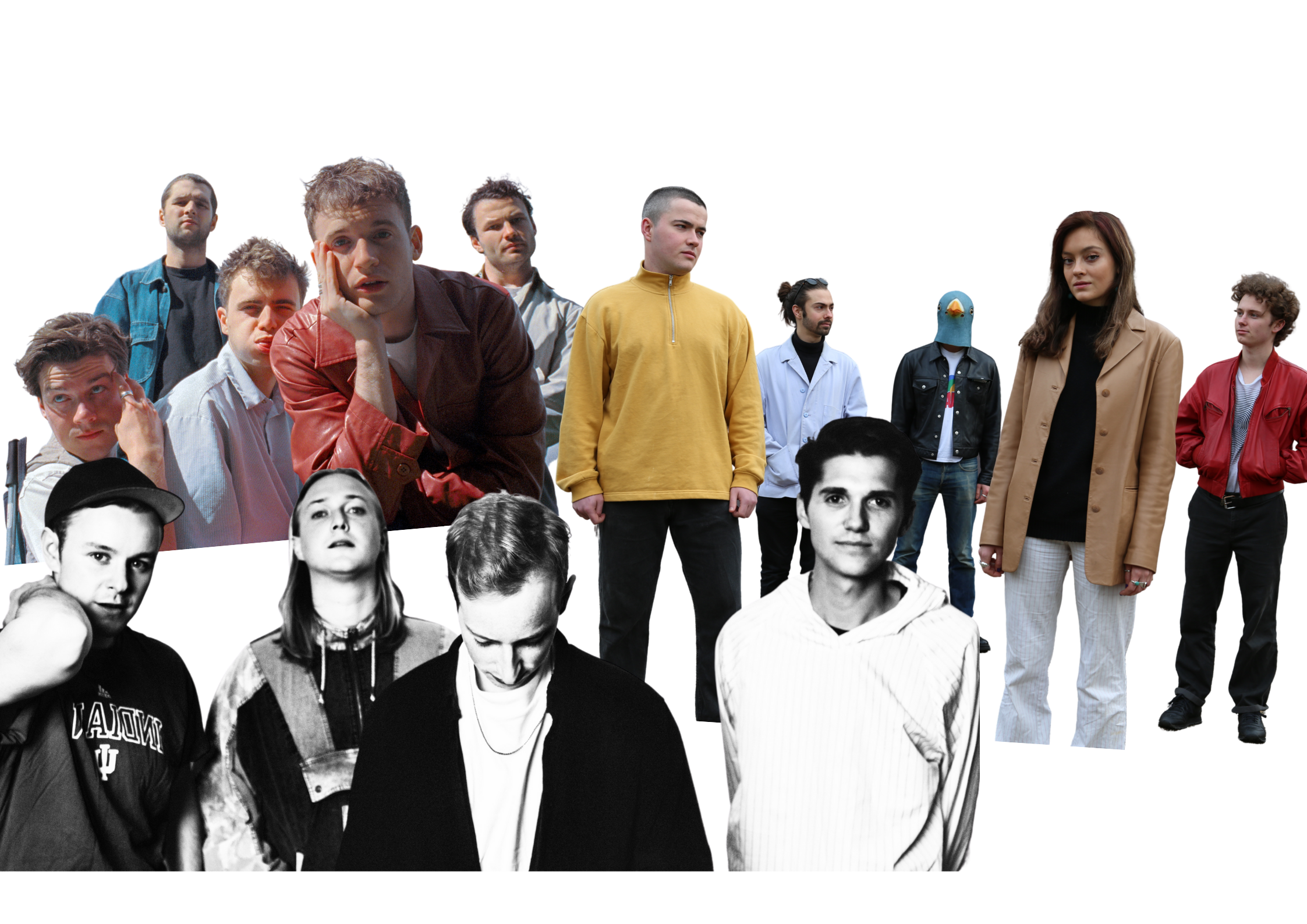
Junodream had big plans for 2020.
It was going to be their year of live performances: they weren’t going to do any big music releases and instead were going to focus on playing as many gigs as possible.
The year started well for them.
The five-piece, who describe their sound as ‘space-rock’, kicked off a European tour in Hamburg, Germany before moving on to the Netherlands.
It was while they were there that the COVID-19 pandemic began to sweep the continent.
Junodream postponed the rest of their tour and came home to the UK to the life of lockdowns and social distancing we are all now used to.
And the rest is history. Or is it?
Travel Guide, Junodream 2021
The start of the pandemic in March 2020 and the abrupt shutdown of the country that followed was alarming and terrifying in equal measures for the country.
Told to stay at home and save the NHS, our lives went virtual, which was a pretty smooth transition for those whose jobs were desk-bound -there was even a period where Zoom quizzes and virtual drinks seemed fun.
But for those industries classed as non-essential, such as the music industry, who relied on face to face interaction, the impact of the pandemic was immediate and profound.
For bands and music artists big and small, live performance is an integral part of what they do.
In a year where everything has been touched by the long arm of covid restrictions, lockdowns and social distancing, they became an impossibility, and even rehearsing and writing music became difficult.
Musicians have been faced with enormous challenges to keep creating music, promoting themselves and growing their audiences, not least because a lot of financial channels were cut off last March.
“For us it was a pretty seismic shift,” said Ed Vyvyan, lead singer of Junodream.
“As a band you have two ways of staying relevant: one is by playing a tonne of gigs and one is by releasing music.”
By assuming that they would be doing the former in 2020 and not the latter, the pandemic left Junodream in a tight spot which required a reassessment of their priorities for the coming year.
Quartet Low Island were also caught out abroad as the first wave of the pandemic began hitting the UK and Europe.
On 23rd March 2020, they had reached the end of a month-long stint in France recording their new album (full of electronic, semi-cinematic tunes, If You Could Have It All Again was released on April 16th 2021) and were on their last day in the studio.
“We were recording this tune,” said drummer Felix Higginbottom. “And suddenly Boris’s head appears on the screen and you know it's not going to be good. And that was that.”
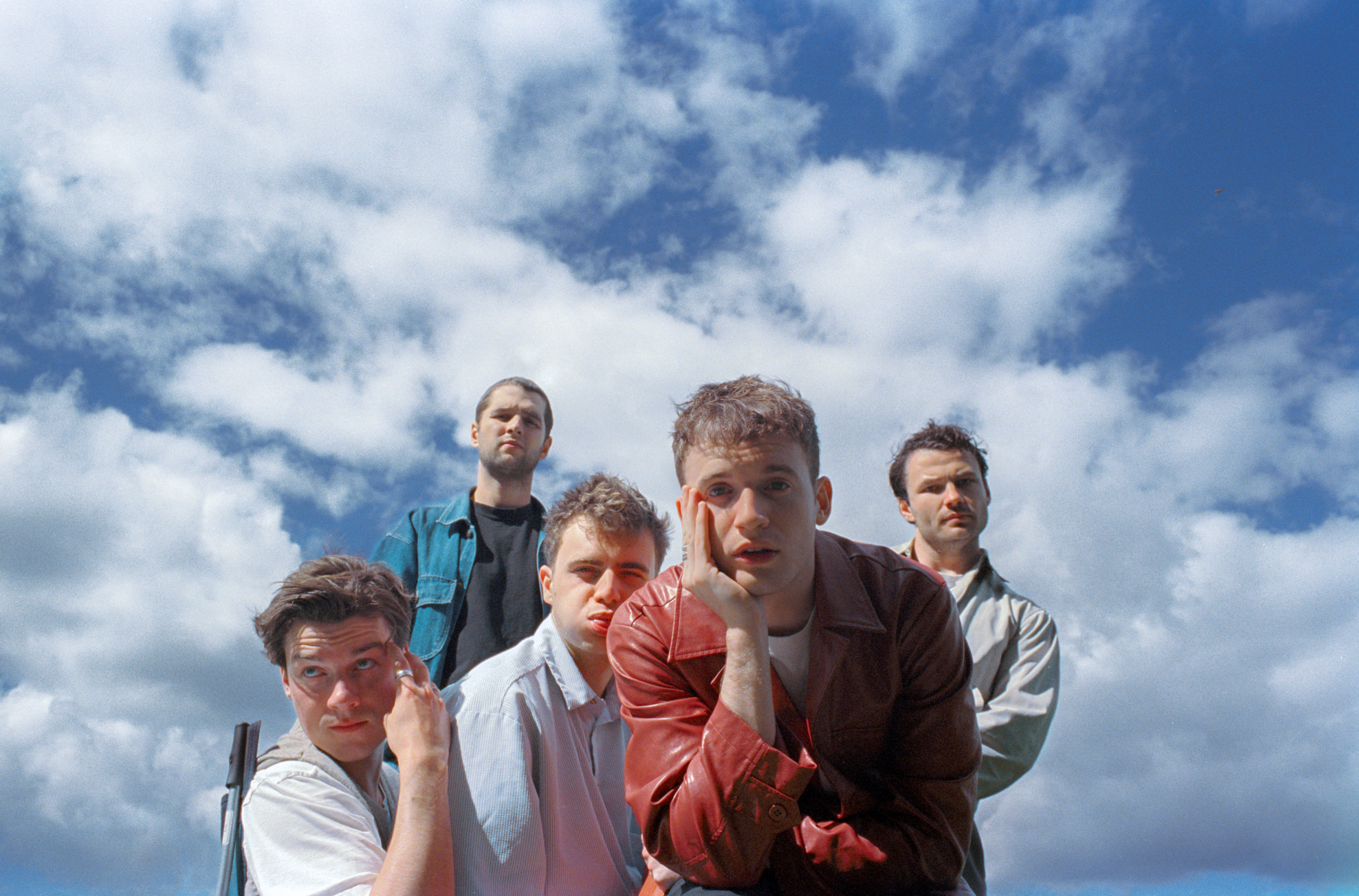
Junodream (l-r): Tom Rea, Will Ryder, Dougal Gray, Ed Vyvyan, Jake Gidley. Credit: Ned Botwood
Junodream (l-r): Tom Rea, Will Ryder, Dougal Gray, Ed Vyvyan, Jake Gidley. Credit: Ned Botwood
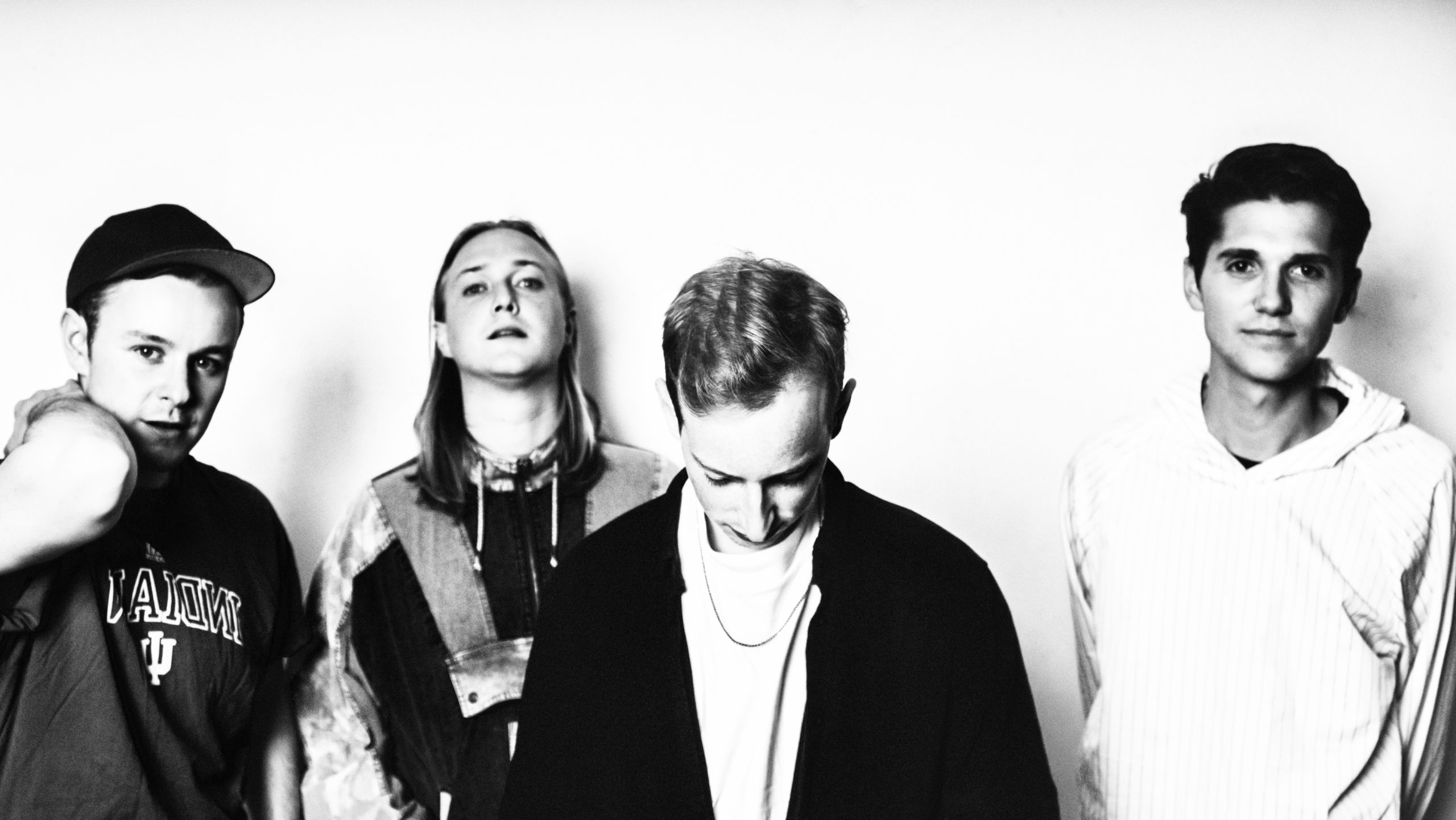
Low Island (l-r): Jacob Lively, Jamie Jay, Felix Higginbottom, Carlos Posada. Credit: Matthew Cooper
Low Island (l-r): Jacob Lively, Jamie Jay, Felix Higginbottom, Carlos Posada. Credit: Matthew Cooper
Don't Let The Light In, Low Island 2021
Just like Junodream, Low Island returned to the UK to witness the fallout of the first lockdown play out as the music industry shut down around them.
The management company representing Low Island at the time saw their income dry up, and like many other companies, were forced to furlough staff and wind down their productivity.
Although the album was recorded and finished, Low Island realised that relying on someone else to generate interest in it at such an uncertain time was unlikely to get them very far.
So they took matters into their own hands and decided to start managing themselves, creating their own label Emotional Intelligence to release their music under and teaching themselves digital marketing skills online.
For alternative pop band Still Pigeon, also self-managed, the time freed up by the pandemic allowed them to focus on their production process.
Blending funk and indie inspired rhythms with synths and playful sampling, they worked on perfecting the mixes for songs they already had, as well as writing new material.
An obvious side-effect of the pandemic was the social distancing measures brought in last March, as well as the order to stay at home.
Just like the rest of us, band members were originally not allowed to meet, which presented them with the problem of how to create their music in the first place, often a collaborative, organic process that can take some time.
For Still Pigeon, typically used to creating and fine-tuning their music through rehearsals and live gigs, taking the process online felt particularly alien.
“You can learn a lot about a song actually playing it live,” said guitarist and vocalist Harry Wragg.
“You can see what makes people feel really good and also what works while playing live, and there will be spontaneous moments of people doing something slightly different.
“So it has been quite strange making music in a bit of a vacuum in that sense.”
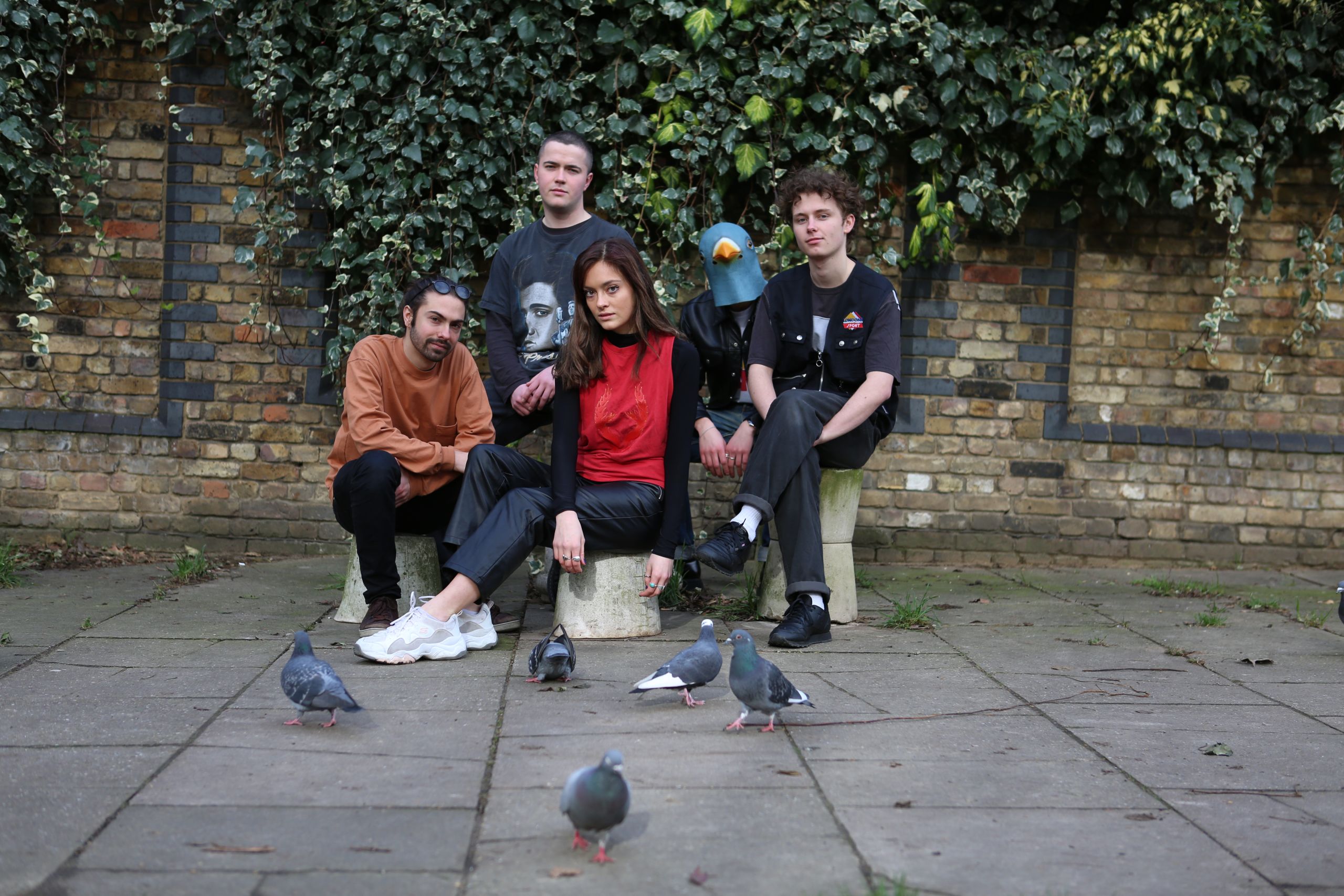
Still Pigeon (l-r): Danny Cummings, Harry Wragg, Millie Wild, Jonny Drake, Will Bennett. Credit: Tom Box
Still Pigeon (l-r): Danny Cummings, Harry Wragg, Millie Wild, Jonny Drake, Will Bennett. Credit: Tom Box
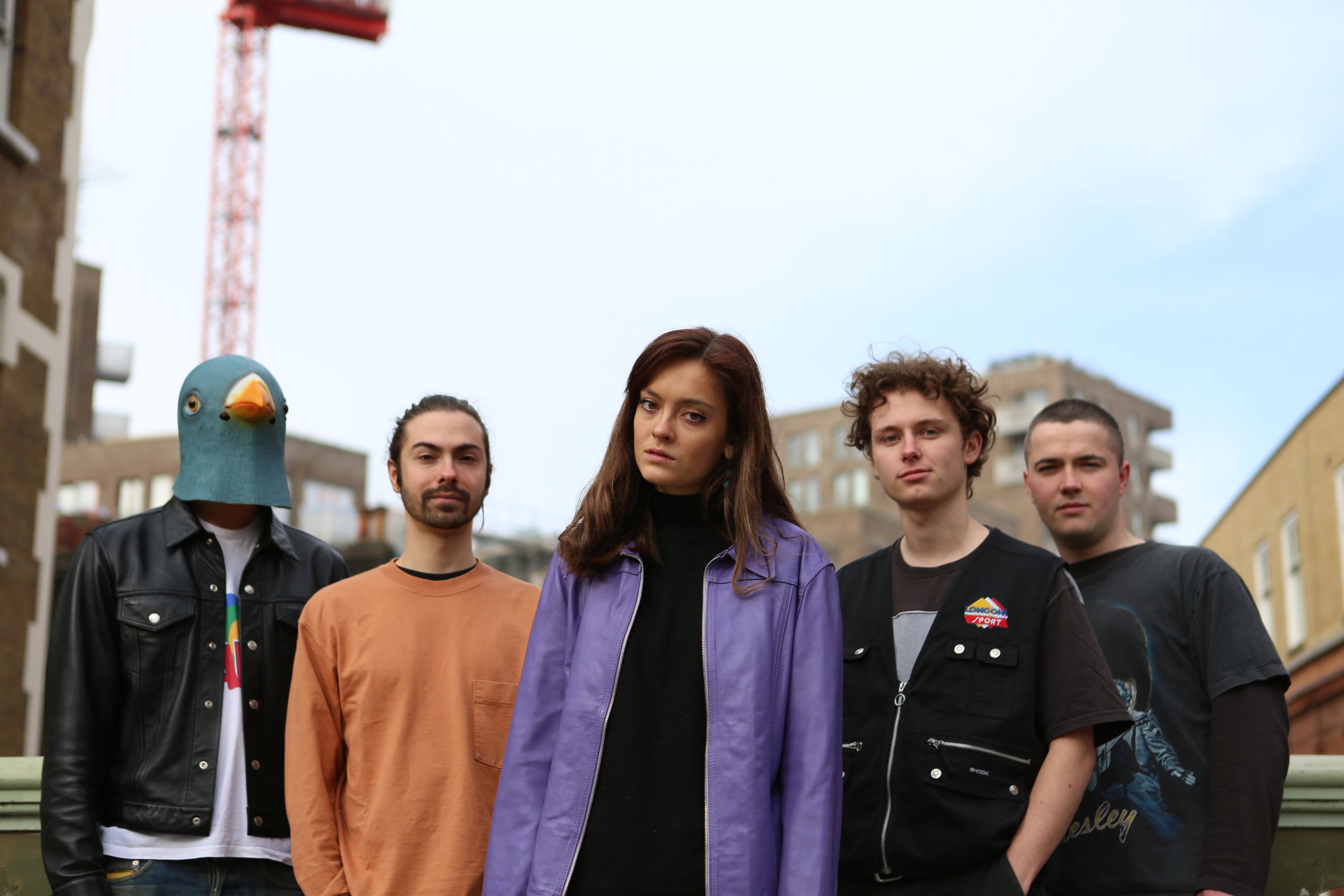
Still Pigeon Credit: Tom Box
Still Pigeon Credit: Tom Box
Tippy Toes, Still Pigeon 2021
The five members of the band were able to meet up to rehearse when restrictions temporarily loosened in the summer, but aside from that recorded their parts individually before mixing them all together for the final track.
This resulted in some quirks of circumstance, not least in the case of their recent single Tippy Toes, which features a guest appearance from saxophonist Finn McEwen.
“There’s something quite funny that we have released Tippy Toes, and aside from Johnny [Drake, bassist], none of us have ever met him,” said keyboardist Danny Cummings.
The easing in lockdown and travel restrictions during the summer and early autumn presented an opportunity for bands to reunite and work on their repertoire.
But, recognising that the lull in the pandemic was likely only to be temporary, there was also a sense amongst many that this was the time to prepare for the months ahead where, once again, performing together and keeping the momentum going on their audience growth was likely to be challenging, if not impossible.
Therefore, for many, as well as an opportunity to be creative again, this was a practical and necessary chance to create and stockpile marketing content to publish on social media and promote any new material they had managed to record.
In October, Low Island returned to the studio in France where they recorded their album to create supporting content they could use to promote it in the run-up to its release.
Bassist Jacob Lively said: “We tried to tell the story of the album live in front of a camera and came out with all these exciting live videos which captured a bit of the energy of the gig that people were hopefully missing.”
Both Still Pigeon and Junodream were able to record music videos during the summer and autumn, which, although made easier by allowances made for people to meet for work purposes, were nonetheless not without their challenges.
During filming for Still Pigeon’s music video for their single Crocodile Tears, partly set against the colourful backdrop of Chelsea’s Albert Bridge, singer Millie Wild had to step in to star in the video after the professional dancer hired couldn’t travel into London.
They also recorded a series of live sessions titled ‘Rough Takes’ - a collection of new and previously-unheard material the band uploaded to social media over the autumn and winter.
During the November lockdown, Junodream were able to rehearse and film the music video for their single Eden Burns, an impressive piece made more challenging by the decision to create some clever special effects by filming the music video backwards.
Vyvyan spent two months trying to learn and lip sync the lyrics backwards before they began rehearsing choreography.
“It was a bit odd rehearsing for it because we were like ‘this counts as work’,” said Vyvyan.
“We thought some copper would come round the corner and we’d have to explain that us holding on to each other doing the cha-cha was actually work-related.”
Ed Vyvyan learning the lyrics to Eden Burns backwards (second slide)
For up-and-coming bands, marketing is a crucial element in their growth and success: it keeps the wheel spinning on the cycle of pushing their name out, generating higher listening figures which, in normal times, generates ticket sales and funding to keep the whole show on the road.
With gigging over the last year wiped out by the pandemic, the manner in which musicians have been able to finance themselves has been drastically affected.
Fortunately, after self-funding for many months, Junodream were able to secure funding from the PRS Foundation and Help Musicians which helped them finance the release and marketing of their music.
Although live gigs have been off the table, audiences have still been able to access bands’ music online and through the radio.
However, the pandemic has highlighted that streaming just doesn’t cut it, with artists usually only paid a tiny fraction of the income generated by streaming their music on streaming platforms, making it an unviable replacement for the income generated by live gigs.
This is reflected in the Government’s current inquiry into the economics of streaming to establish the economic impact platforms such as Spotify and Apple Music are having on musicians and on the sustainability of the wider music industry.
Meanwhile, the prospect of streaming live gigs have been met with a mixture of gratitude and reticence: while it gives bands a chance to connect with audiences, the fact they are not all in the same room means there isn’t the same energy or tangibility to a performance and, for the bands performing, it's just not the same.
In the face of the challenges faced by bands as a result of the pandemic, their successes are all the more impressive.
Low Island’s If You Could Have It All Again reached no.15 in the UK Official Album Downloads Chart on 23rd April; Still Pigeon had 46 thousand listeners on Spotify in 2020 featured on BBC Introducing in March 2021.
Junodream have had their most recent releases ‘Eden Burns’ and ‘Travel Guide’ played on BBC Radio 1.
As the UK slowly begins to unlock and life edges towards normality, bands are cautiously optimistic about what awaits them and are raring to go: with Low Island, Junodream and Still Pigeon all releasing new music in the first half of 2021, they are looking forward to the prospect of live gigs and performing their new songs live returning.
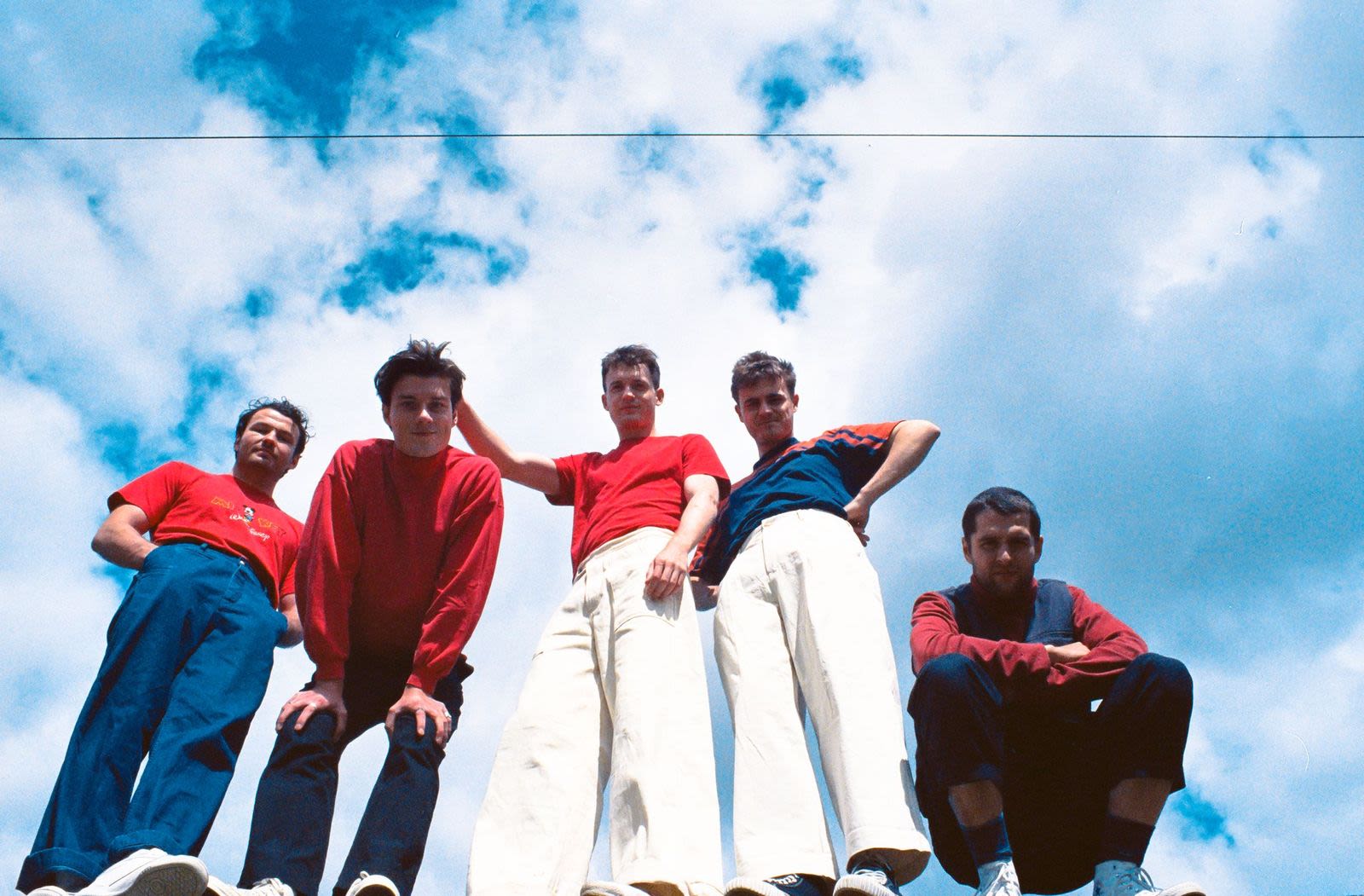
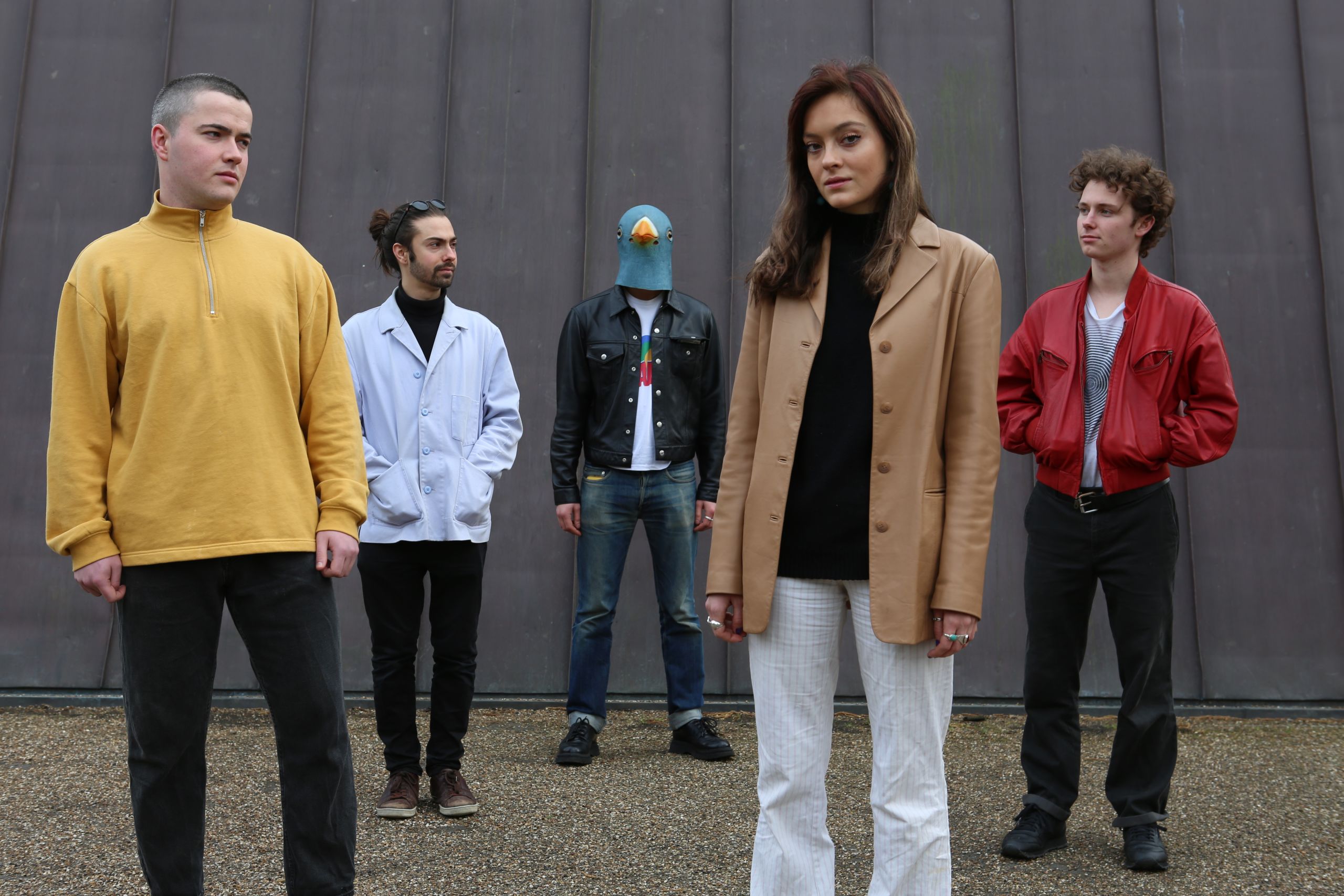
“At the end of this, the people who will do well will be people who are able to come out the gates with a lot of stuff at really high quality, because it will be a race when it all opens up again,” said Junodream's guitarist Tom Rea.
Low Island are planning a UK tour in September.
“There is so much excitement about playing shows again,” said Lively.
The tour will be their first live performance in nearly two years and an opportunity to showcase their new music.
Still Pigeon are also excited to reunite and get back to live performances.
“We’ve not played together in so long,” said Drake, “hopefully in the summer we can just focus on playing live and having fun.”
While bands have found ways to keep going, communicating and interacting with their fan bases over the past year, posting content on social media and releasing new music and videos, performing live remains the lifeblood of their success.
With the hope that concerts, tours and festivals will be able to resume at some point in 2021, the future is beginning to look up for the UK’s up and coming artists.
Whether test and trace measures and the government’s trial runs of large events prove successful remains to be seen, but the prospect of attending a live gig sometime soon is something everyone, bands and fans alike, can look forward to.
See you there.
